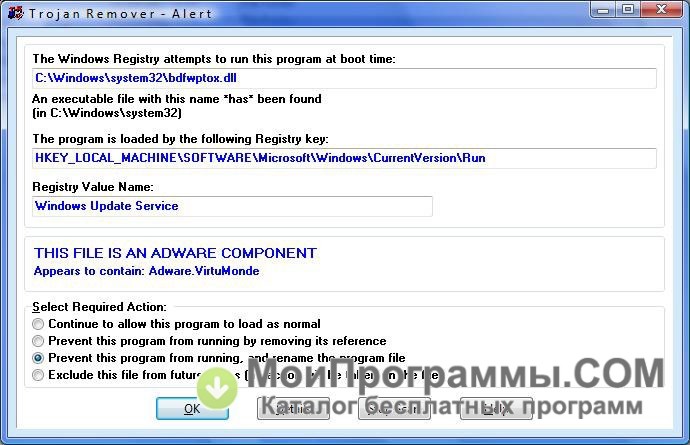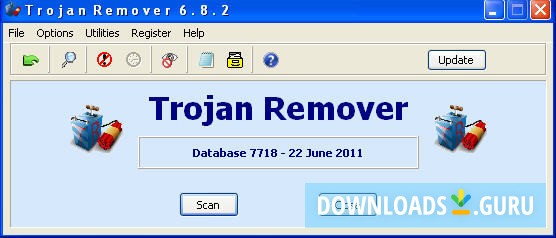

Pop-up and spam interruptions – notice an uptick in the number of interruptions from email spam or browser pop-ups.If you suspect your device may have been infected by a Trojan, then lookout for the following signs: Trojan viruses have been employed as a delivery device for a variety of malware. Trojan-Dropper – Hackers use this to install their malware or to hide their activity. Trojan IM – It steals your passwords and logins. Rootkit Trojan – This hides the activity of malware so that it can run on your computer without being noticed. It watches every activity online and finds a way to steal passwords/logins. Trojan-Banker – This one is only interested in your financial accounts. SMS Trojan – Exclusive to mobile devices, this Trojan sends and intercepts messages you send through your phone. RAT (Remote Access Trojan) – This gives the hacker total control over a computer/gadget. Ransom Trojan – It demands a ransom to give you back control of your device. Infostealer Trojan – It steals precious date from your computer, laptop or mobile devices.ĭownloader Trojan – This downloads or installs more sophisticated malware to take over your device completely. The cybercriminals use devices of other users to siege a sophisticated network. It can spy on you for days, track the apps you run, take screenshots, and record keystrokes.ĭDoS Attack Trojan – This one attacks a network breaking it down completely. Trojan-Spy – This is one of the deadliest and most dangerous malware.

Mailfinder Trojan – This virus finds passwords to email addresses and robs them. This virus seeks and steals account information as soon as you install it. Game-Thief Trojan – These days, game accounts cost a lot, especially if they have unique weapons. The threats are fake and are there just for luring in money. Backdoor Trojan – This malware creates backdoors that the hacker uses to access your device and control it.įake AV Trojan – This makes you think it’s an antivirus and makes you pay for detecting or getting rid of potential threats.


 0 kommentar(er)
0 kommentar(er)
